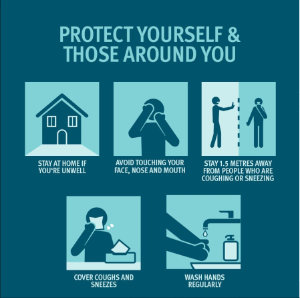Does the COVID-19 pandemic response measure up to our rights and liberties?
Difficult questions are starting to arise around the human rights implications of the Covid-19 pandemic in Australia. The delicate balancing act between minimising harm and infringing on liberties is occurring in a way many of us have not experienced before, legal bioethicist Caitlin Davis says as she explores the issues.


